The rise and fall of Guangzhou Evergrande -Asia's first superclub
From domination to dissolution in 13 short years, Guangzhou's demise explains much about Chinese football
The 2013 Asian Champions League final was the end of an era. The final between FC Seoul and Guangzhou Evergrande was the last between two clubs from the same geographic zone.
Shortly after, west and east –which had mixed from the last eight stage of the tournament –only came together for the final itself. It also seemed to be the start of something, Chinese continental dominance in the shape of this team in red from the southern city, formerly known as Canton.
For years, Chinese clubs had not made much of an impact in the Champions League. The national team wasn’t exactly feared either, as the appearance at the 2002 World Cup and the final of the Asian Cup two years later started to feel like a long time ago. But then, in February 2010, conglomerate Evergrande bought second-tier club Guangzhou, relegated due to match-fixing. It’s safe to say that it wasn’t much noticed outside of China and its third city, but soon the rest of the world was talking about the Southern China Tigers and the rest of Chinese football.
Evergrande was the company that spending spree that became one of the hottest topics in the sport over the next few years. Guangzhou was at the vanguard of this new force from the east that was, as Chelsea coach Antonio Conte said, a danger for all football.
The Reds stormed out of the second division and then won eight out of the next nine Chinese Super League titles. In July 2011, the club signed Dario Conca from Argentina and made the playmaker, little known in East Asia, the third-highest paid player on the planet. They also signed the best Chinese talent. By the time they won their first league title, Asian fans were curious as to how they would fare in the Champions League.
The first game in March 2012 was the toughest imaginable. Jeonbuk Motors had lost the final a few months earlier on penalties, at the end of a game against Al-Sadd they should have won. The South Koreans were perhaps the most feared team in Asia but were left with faces as the red-clad travelling support as Guangzhou won 5-1 at Jeonju World Cup Stadium. All five were scored by South Americans in a show of ruthlessness rarely seen in Asian, never mind Chinese, football. The new boys made it to the last eight in their debut but were to go quite a bit further in 2013.
I went to both legs of the final. After the first leg at Seoul World Cup Stadium, I wrote this for The Guardian, talking of Asia’s first superclub. That’s the way it seemed, especially after the second leg. It was November in southern China but still warm and humid. I joined fans eating chicken feet in pubs and restaurants near the stadium, then headed to the arena early. Getting a seat in the press box, it was noticeable that even though the gates had not yet opened for supporters, there were still plenty of seats occupied. These were plain-clothes security officers, spaced out throughout the arena, ready to nip any trouble –in whatever guise that may appear –in the bud. There wasn’t any. The first leg ended 2-2 with the second 1-1 meaning that Guangzhou won on away goals with a purring Marcello Lippi only momentarily losing his cool at being asked if it was fair that his team were champions despite not actually beating Seoul.
The domestic titles kept coming, sometimes by a wide margin, sometimes not. Lippi left a year later, much to the dismay of local high-end Italian restaurants, especially as replacement Fabio Cannavaro only lasted a few months. In came Luiz Felipe Scolari in 2015 and soon delivered a second Asian title and continued the wins at home though standards were rising as other clubs were buying world-famous stars such as Carlos Tevez, Hulk, Oscar and others. Guangzhou had Paulinho, Jackson Martinez (signed for big money from Atletico Madrid to play just a handful of games) and Ricardo Goulart.
The third Asian title –no team had won the Champions League more than twice –never came but the fans still did, more than 40,000 attending home games. Plans were unveiled to build the world’s biggest and best stadium and an academy of unrivalled size and quality.
But then things started to change. One China Football (CFA) official asked why it was that K-league teams spent a tenth of their neighbours but still got better results in Asia. The government had originally encouraged spending as it aimed to make the world’s most populous country a force in its most popular sport, started to wonder about value for money. Soon, Beijing was to make it harder for money to leave the country while, in football, there was a transfer tax imposed on big-money foreign signings. Spending was coming to an end.
As the end of the decade approached, the economy slowed down, especially an overheated property market where supply drastically outstripped demand. Evergrande had fingers in different pies but real estate was the big one. The pandemic and the world’s longest and strictest lockdown was another body blow. Some clubs, such as defending champions Jiangsu FC went bust in 2021, others had to cut costs and then some. Evergrande reported debts of over $300 billion, more than any other in the world.
Unsurprisingly, football wasn’t a priority for the owners, and the team soon shed Chinese internationals and talented foreign stars in favour of youthful prospects. The last title came in 2019, then second in 2020, third in 2021 and then a crash –17th and relegation in 2022. After two seasons in League One, and an encouraging third place finish last time, that was it. There were too many debts and the CFA did not grant the club a licence to compete in the 2025 season.
It would be easy to say that Asia’s first superclub flew a bit too close to the sun but when your owners owe amounts that even Elon Musk would not come close to being able to settle then a few too many million spent on Jackson Martinez don’t make that much of a difference. Rather, Guangzhou’s demise was the result of wider forces, an increasingly common tale in modern sport, and they will be missed.
John Duerden
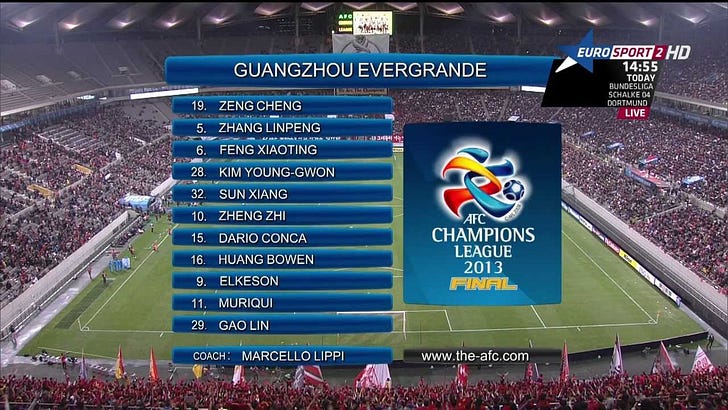


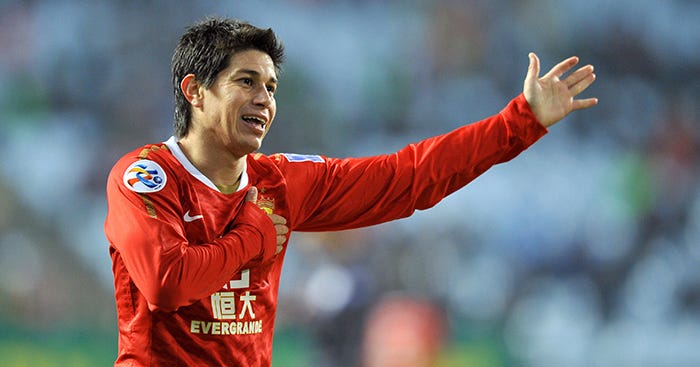

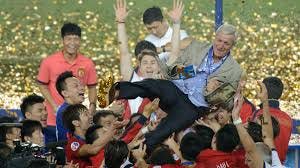
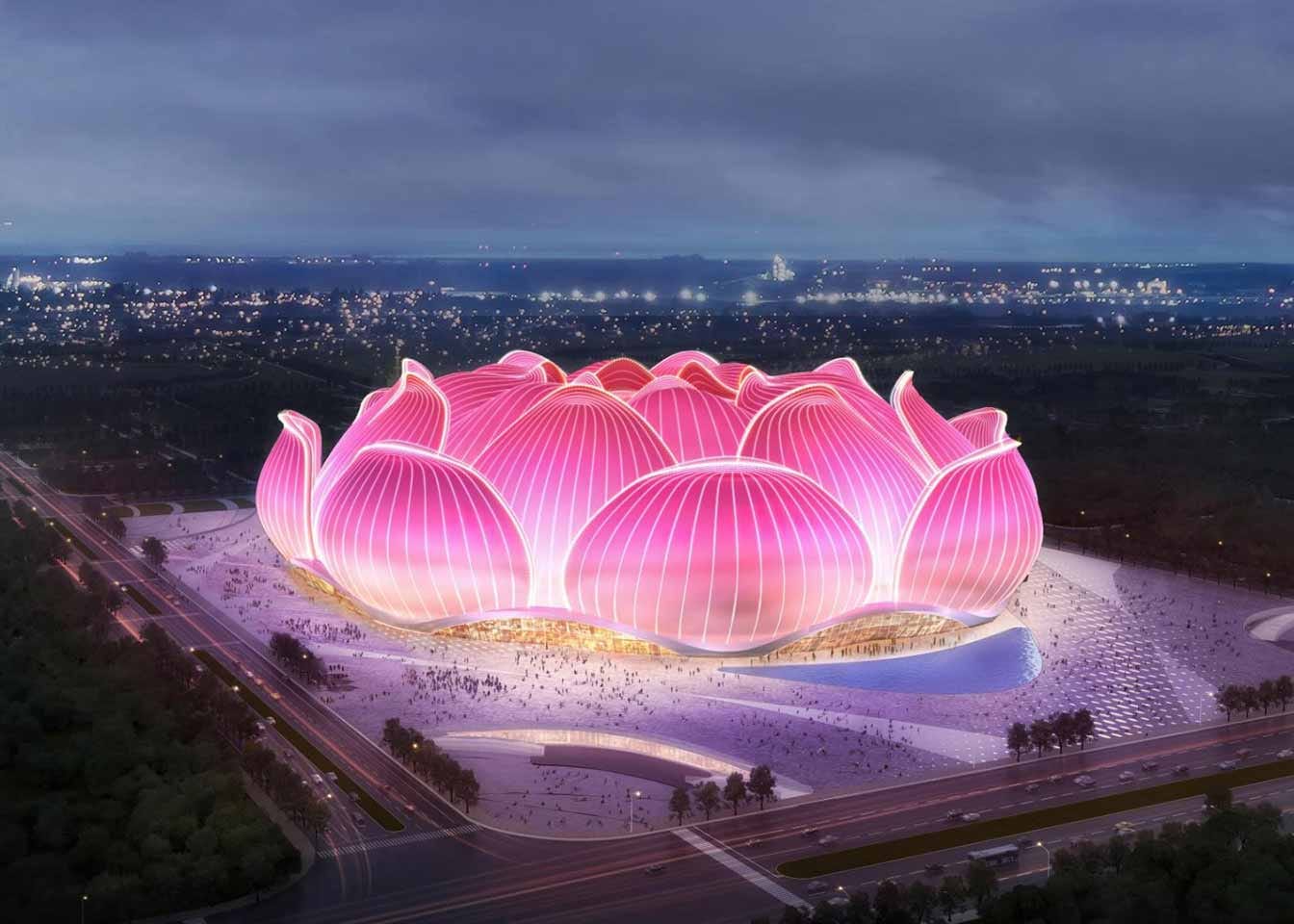
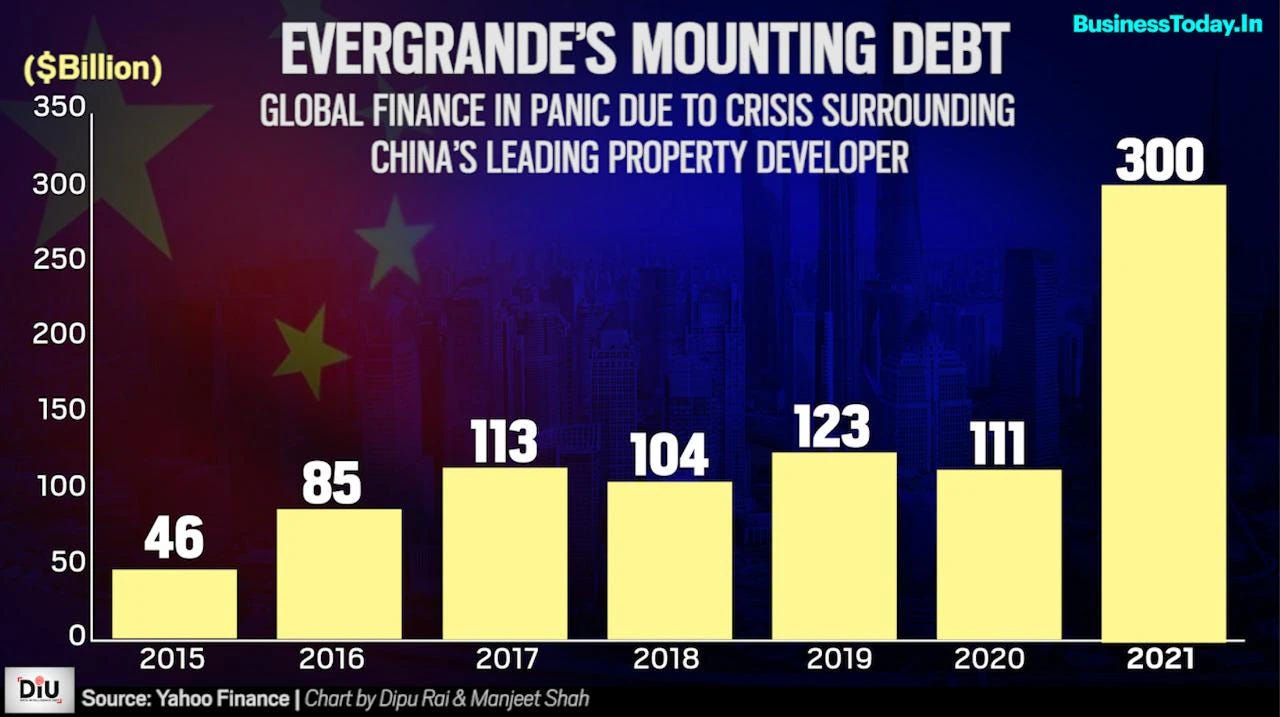
Scandals being exposed is hardly a problem in itself. Also for Evergrande since 2015 equity has been withdrawn from the club itself so even on that level things are problematic.
Great read, the Chinese spending spree of that era was exciting and it’s a shame how quickly it all fizzled out. One wonders if what’s happening in Saudi now will face a similar end